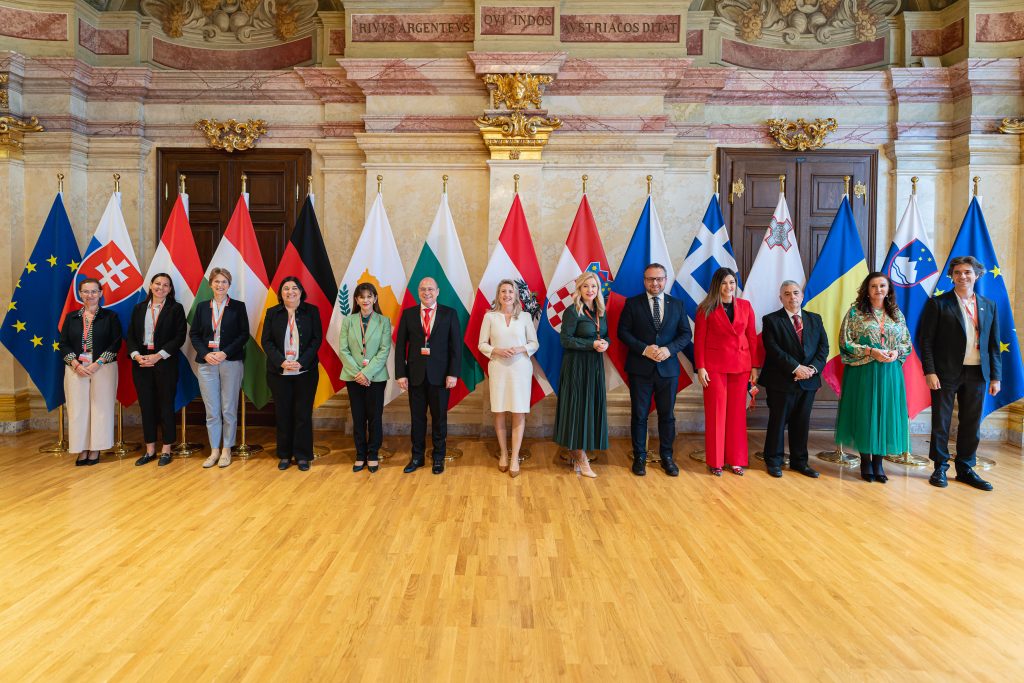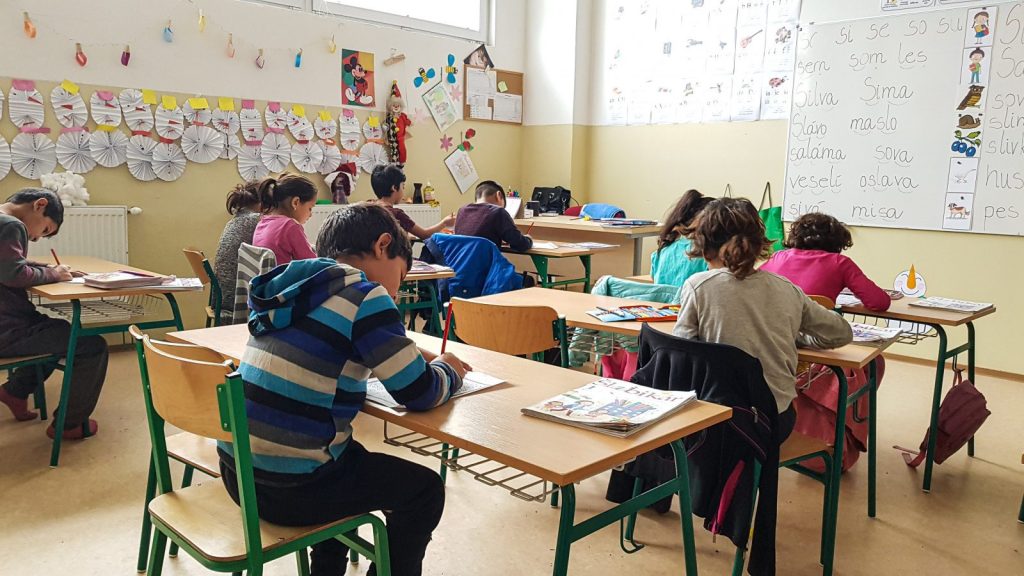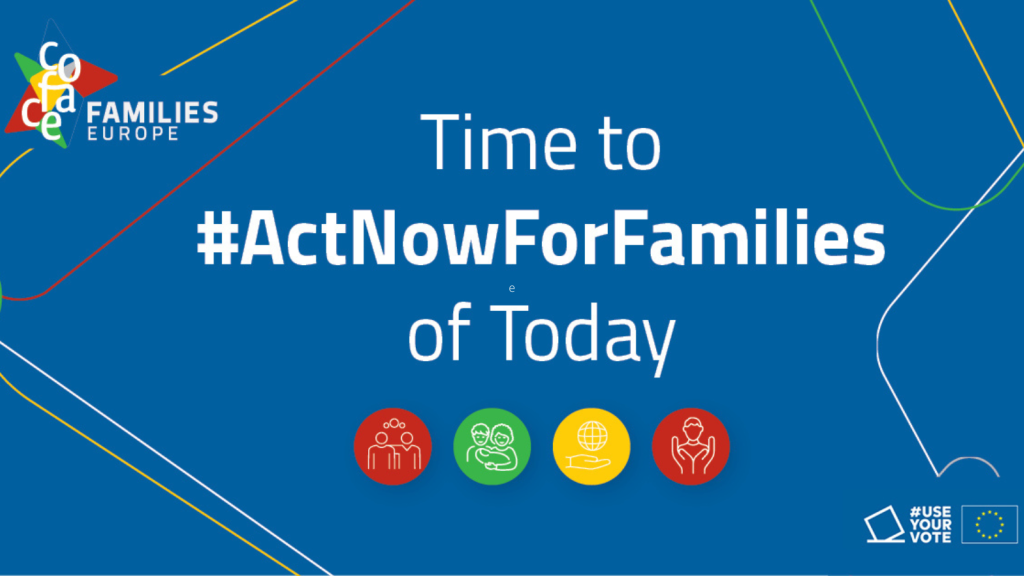Digital technologies have made it possible for many workers to carry out their work at any time and anywhere, with consequent advantages and disadvantages. A report by Eurofound analysed case studies that chart the implementation and impact of the right to disconnect at workplace level.
Eurofound data show that teleworkers are twice as likely to exceed the 48-hour working time limit, take insufficient rest and work in their free time, with knock-on effects on their physical and mental health. To address this issue, there have been calls for the ‘right to disconnect’. The report builds on previous Eurofound research that shows an increase in collective agreements providing for a right to disconnect in countries that have enshrined this right in their legislation. With the exponential growth in teleworking brought about by the COVID-19 pandemic, the importance of striking a better balance between the opportunities and the challenges associated with teleworking and ICT-based flexible working has become more relevant than ever before.
More information here.





